We recently connected with Lacey Schmidt and have shared our conversation below.
Lacey, thanks for taking the time to share your stories with us today Crazy stuff happening is almost as certain as death and taxes – it’s technically “unexpected” but something unexpected happening is to be expected and so can you share a crazy story with our readers
Minerva Work Solutions, PLLC was co-founded by myself, two other Industrial-Organizational Psychologists, and a Computer Scientist as a public-benefit company. While being profitable was important, we wanted to do so by making management and psychology consulting efficient and affordable. We wanted to be able to profitably serve non-profits, charities, and small businesses that typically couldn’t afford management consulting services. A big part of our strategy was using technology to make our consulting work efficient and innovate new ways to deliver our services more affordable (e.g. make more things entirely virtual, do job analyses using time-saving cloud-based systems, etc.). A lot of our work centers around helping select, train, and maintain teams that work in stressful or extreme environments or for agencies and small businesses whose teams must perform high-risk work where a mistake can be deadly to their workers and/ or their customers (e.g. healthcare, engineering flight systems, running oil platforms). We have seen many crazy things while doing job analyses and accident investigations for our clients, so as a business, we often talk about our continuity plan for our own business. We never anticipated having to use those plans though because of the accidental death of our co-found and Chief Information Officer, Andrew Fritz. We also never anticipated having to use our psychological training to facilitate healthy grief and re-buid our own team.
Andrew, and his wife Dr. Adrian Dahood-Fritz were on a diving holiday over the 2019 Labor-day weekend when the boat they were staying on caught fire and rapidly burned while all passengers and crew were asleep. No passengers survived and the subsequent NTSB investigation revealed that the fire was only so deadly because of a distinct lack of teamwork and a culture of carelessness…the very things that we often consulted to help our clients avoid and save lives. We were not only unexpectedly grieving professionally and personally for our friends, but we were also indignant that the science of working in teams that we try to perpetuate as consultants was ignored to the peril of 34 passenger lives. Deciding what to do with business without a co-founder and our main expert in technology was difficult..especially after the COVID pandemic began and technology became such a necessary part of anyone doing business.
Did we even want to continue? It seemed crazy to be in this situation, successful for seven years but then grieving and confused about how to still pursue our vision. The answer seems obvious now, as we are still here this year and as strong as ever at helping make work meaningful for so many different kinds of clients. However, it really wasn’t a given. The pandemic as awful as it was gave us a good reason to focus…our clients really needed us and they needed us to do more of the virtual work like executive coaching and training remote teams about teamwork that we were already experienced at. We couldn’t quit trying. The Healthcare industry needed us especially, and we also felt we still had an obligation to make it less likely for lack of teamwork and cultures of carelessness to leave anymore families to grieve.
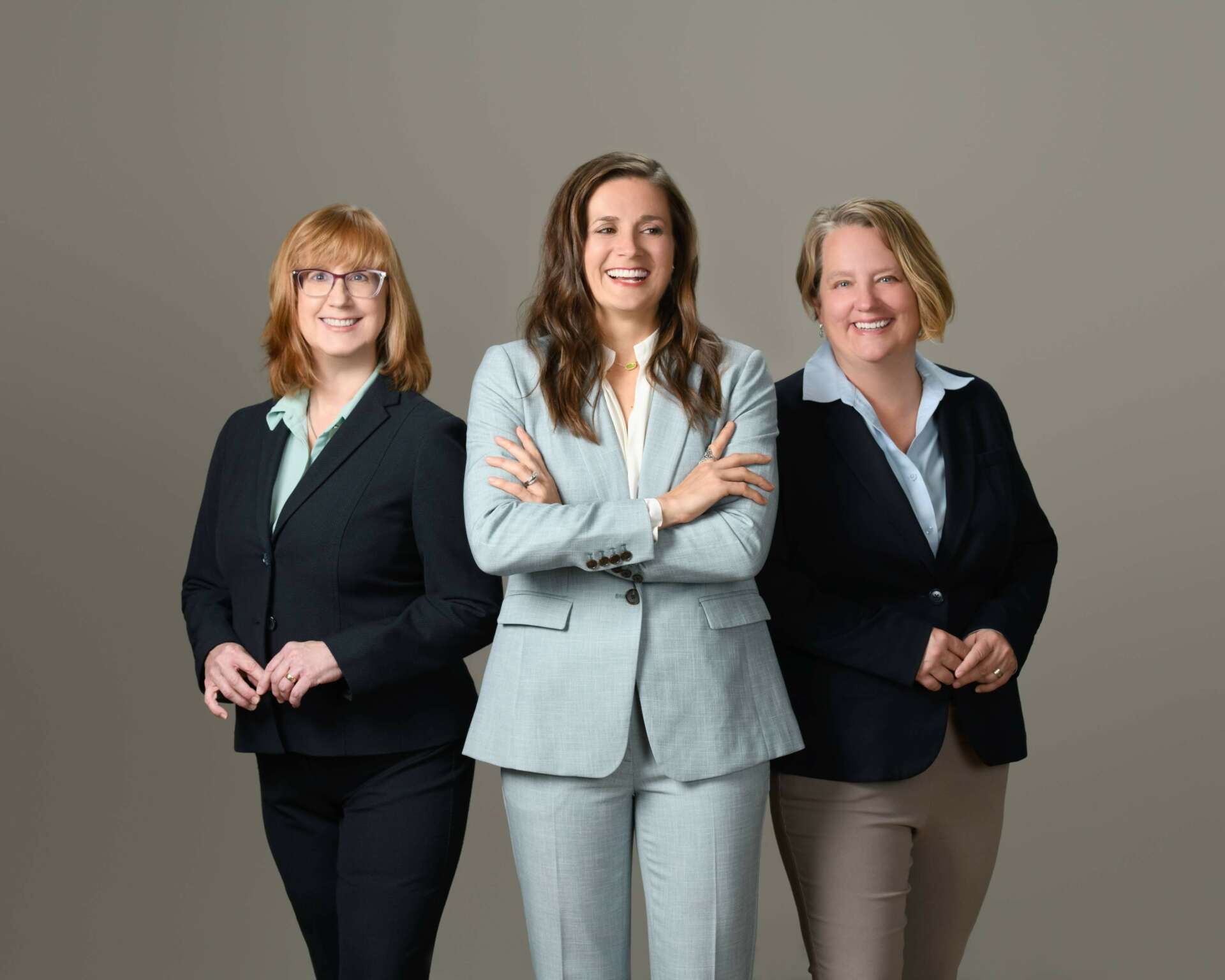
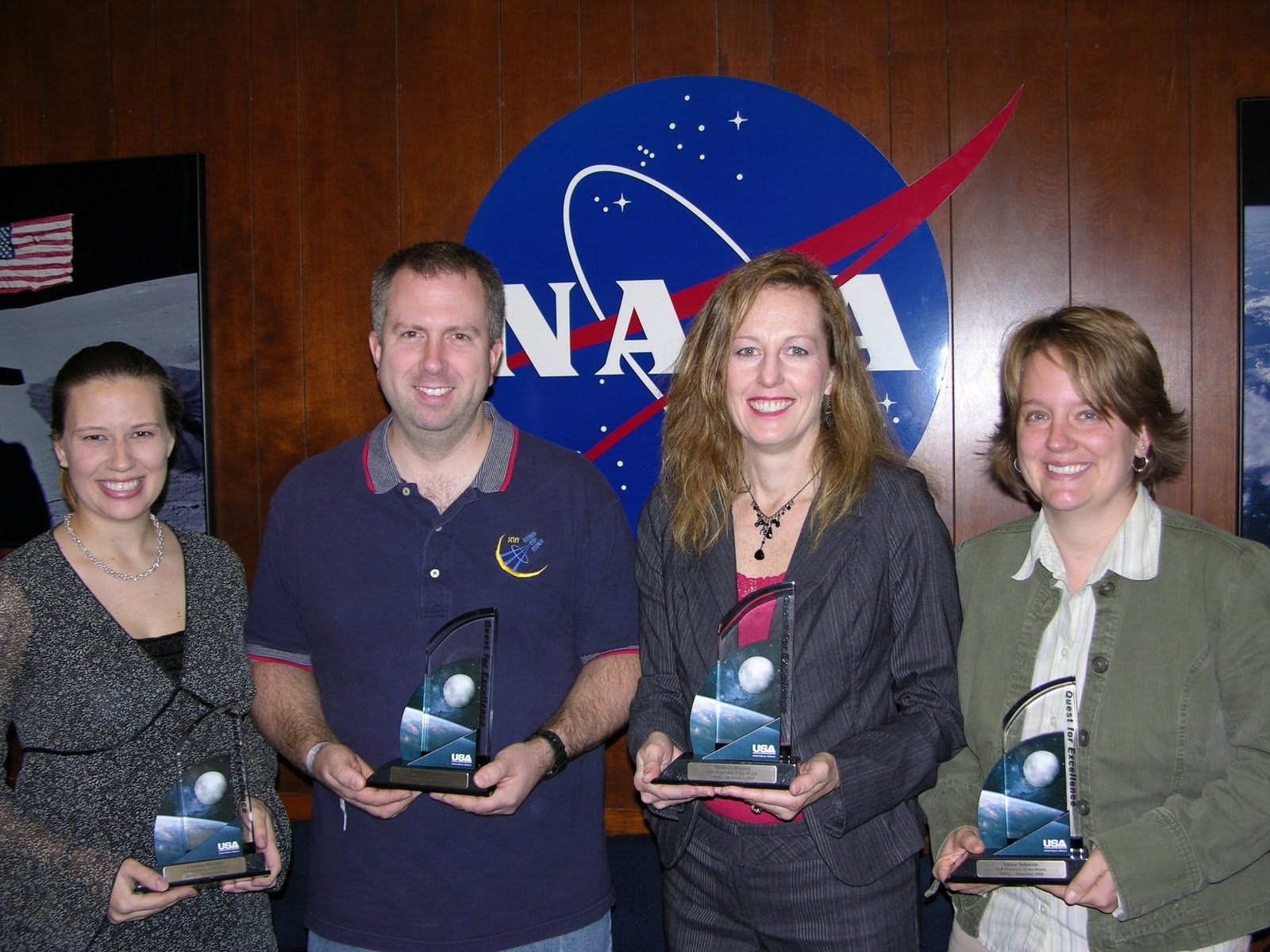
Lacey, love having you share your insights with us. Before we ask you more questions, maybe you can take a moment to introduce yourself to our readers who might have missed our earlier conversations?
Minerva Work Solutions was founded as a public-benefit company by three Industrial-Organizational Psychologists and a computer scientist, Mr. Andrew Fritz. Our scientific backgrounds help us bring cutting-edge techniques from the research world into your organization’s daily operations. Additionally, we continue to contribute to the world’s scientific knowledge through peer-reviewed publications. In Roman mythology, Minerva is the goddess of wisdom, strategy, art, schools, justice and commerce. We strongly believe in the advancement of these areas in the work we do every day. Our logo, Minerva’s owl, represents our core values: knowledge, wisdom, insightfulness, and learning. These core values related directly you our vision to help our clients (who typically cannot afford big consulting company services) use psychological science to make their work more effective and meaningful. We are especially proud of the many non-profit, charity, and small business clients who operate in extreme environments or high-risk industries that we serve. We’re also very proud of our ability to profitably donate 30% of our labor and time to doing pro-bono work to make workplaces and workers safer, healthier, and more resilient.
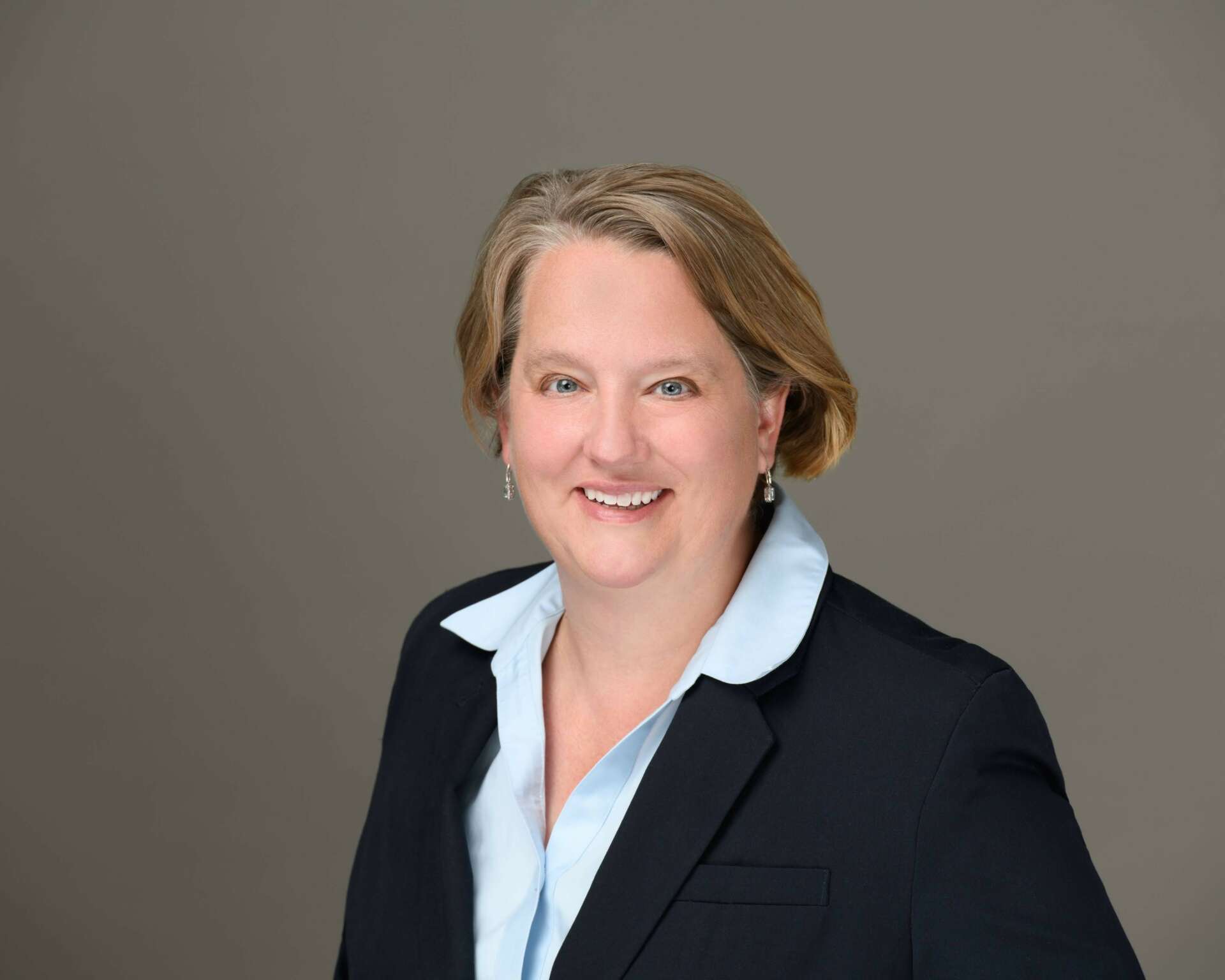
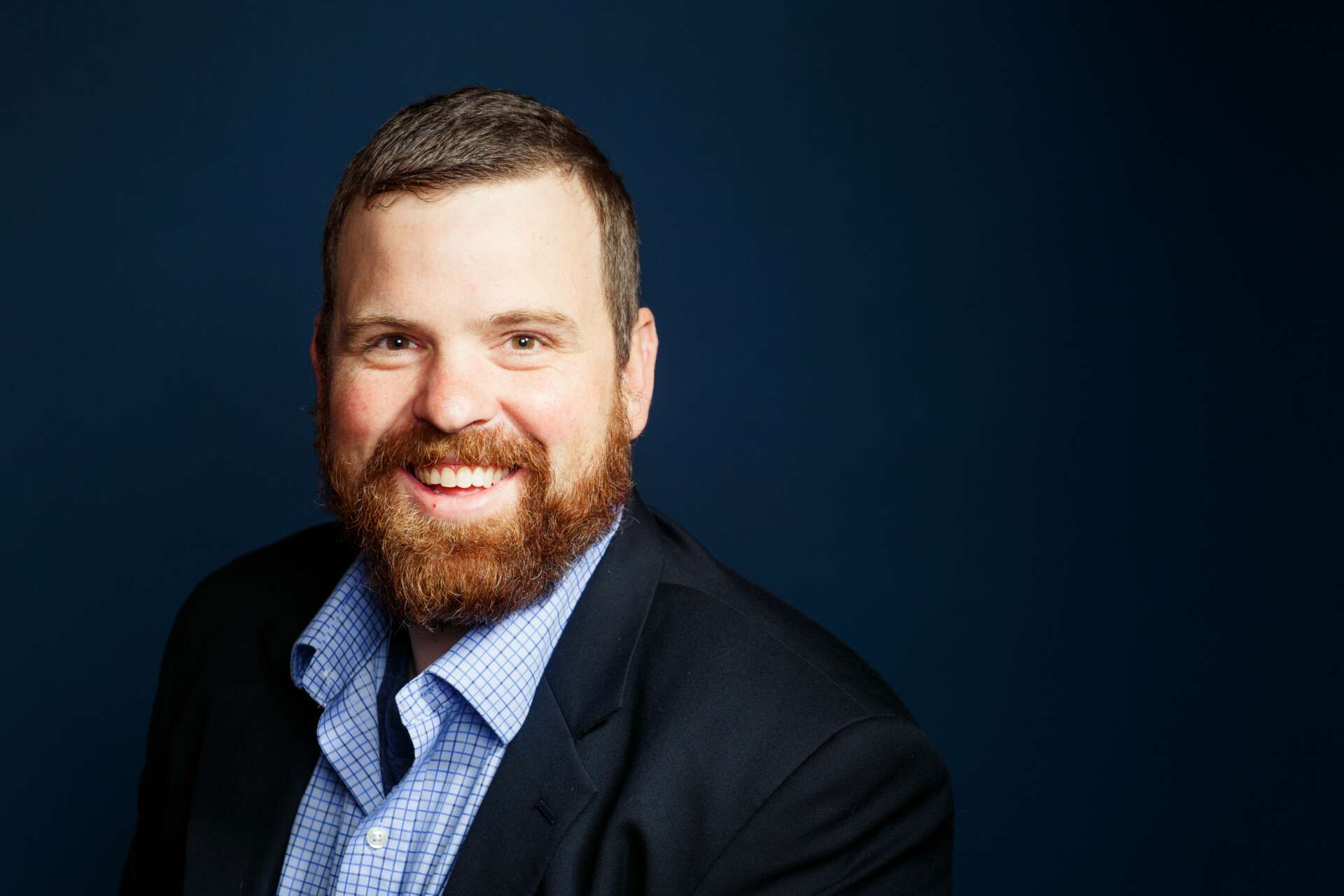
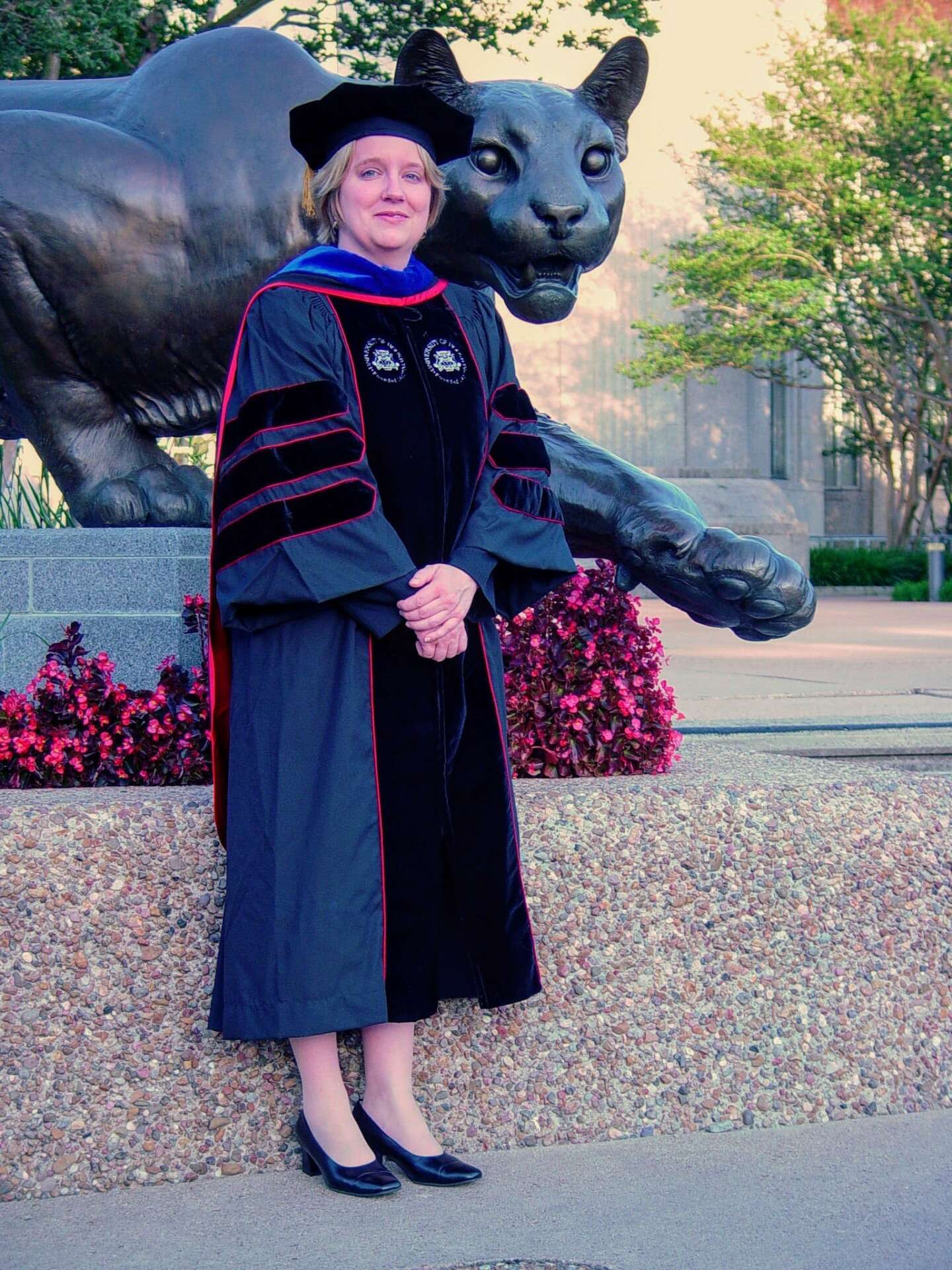
We’d love to hear about how you met your business partner.
Andrew and I met at Texas Lutheran University. We both ended up interning for Motorola (Andrew in engineering technology and myself in Human Resources) and shared a two-bedroom apartment over the summers to keep working. We quickly learned that we had several interests in common, chiefly learning anything new and building new things (including recipes). We remained friends and eventually found ourselves both at the University of Houston for graduate school. Andrew completed his Master’s degree in Computer Science and Artificial Intelligence, while I pursued my PhD in Industrial-Organizational Psychology. I met Kelley, who was a couple of years ahead of me, in my first graduate school class. Kathryn entered the same program as Kelley and I completed our degrees–so we’d met Kathryn, but had yet to really work with her. Eventually, Kathryn, Kelley and I all ended up working at NASA and collaborating on behavioral health and performance research. We became friends, as well as colleagues over the years until our lunch-time conversations sparked the idea to start a public benefit consulting company in 2012. As we needed advice on technologies that would enable more virtual consulting work and efficient data management, we consulted the expert I knew best, Andrew. Andrew’s enthusiasm actually served as an emotional catalyst and gave Kathryn, Kelley, and me the confidence to formalize the business as Minerva Work Solutions, PLLC in 2013. When we closed our first big paying contract that year and suffered a bout of worry over whether we could actually handle such a large project, Andrew and Kathryn prompted us to remember our own advice to imagine we’d already succeeded and then imagine how we would have made that happen. We met as a team to do this Appreciative Inquiry during planning, as well as the traditional SWOT analysis, inventing the meeting format that would become a hallmark of our consulting process and we did indeed succeed.
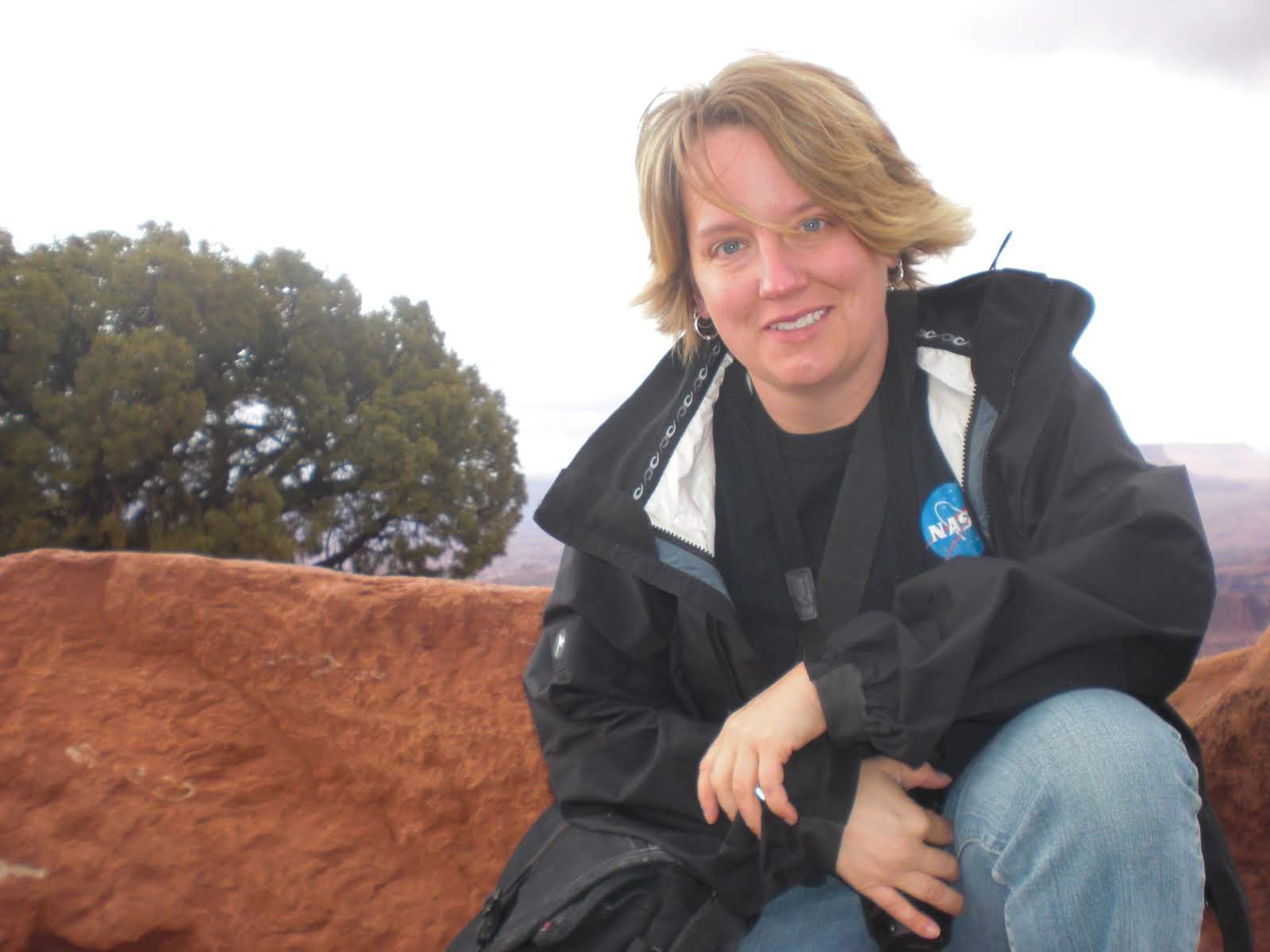
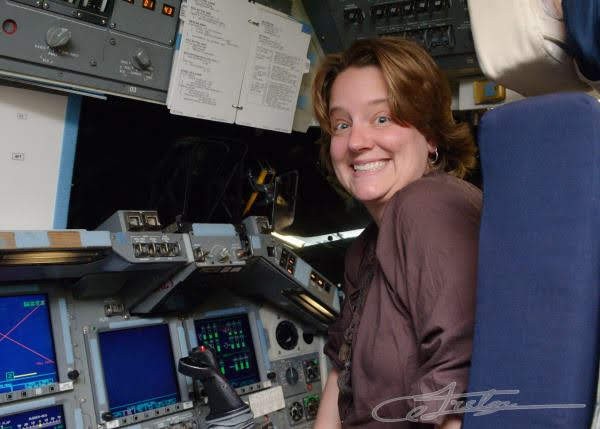
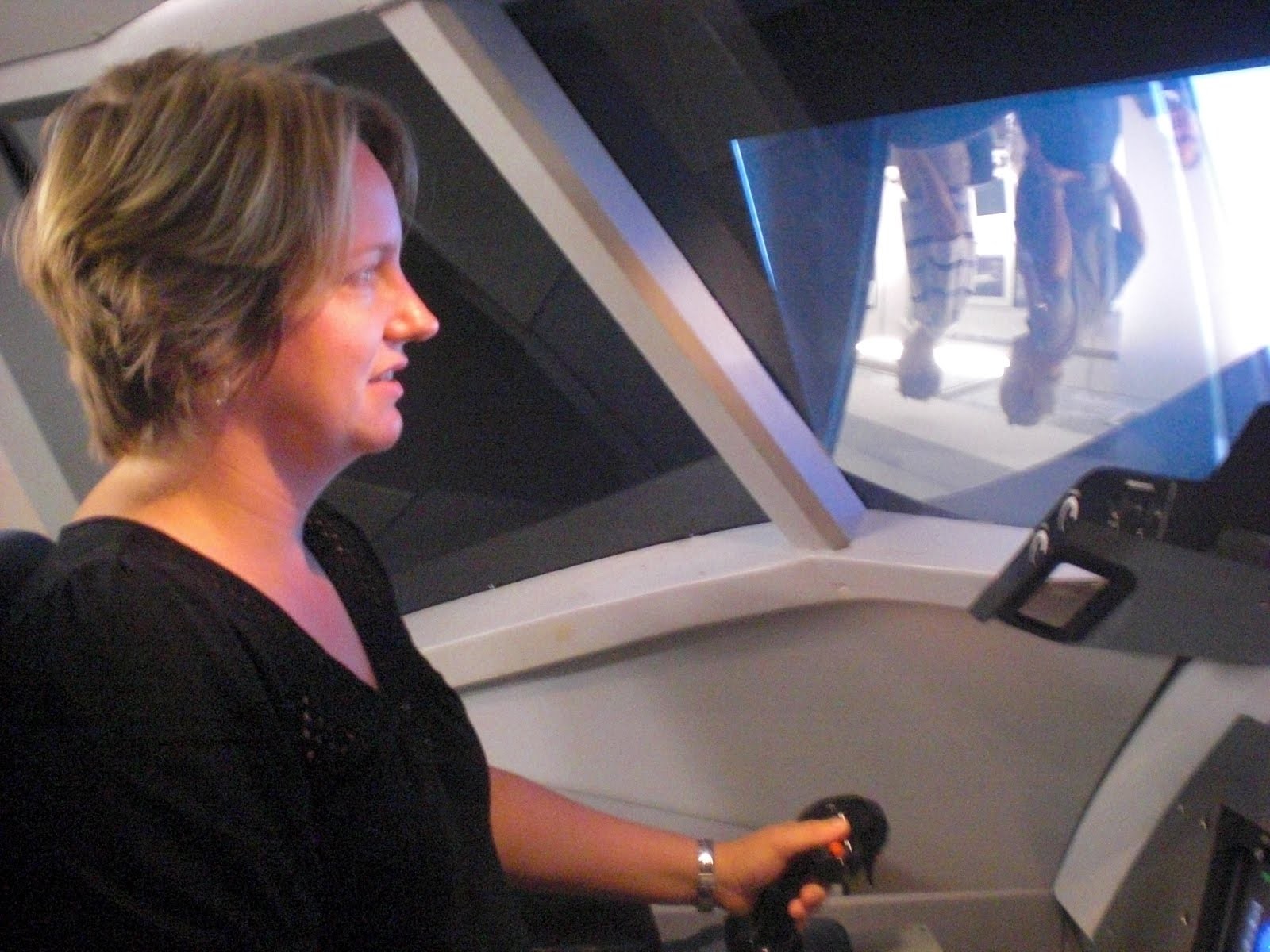
Any advice for managing a team?
Much of our consulting work focuses on helping clients learn to manage teams that work in very demanding, high-stress, and high-risk environments or industries (e.g. Aerospace, Healthcare, Public Safety), so we are always researching what helps teams stay healthy, happy, and functioning well. We try to also live those insights in managing our own teams too. Of all of those research findings, I have to say that my favorite advice to apply in managing teams comes from Crew Resource Management teamwork training programs. There are four specific competencies (with 30 or so specific behaviors) that support great teamwork and team leadership (https://practicalcrmforhealthcareteams.com/ ). Anyone can learn these behaviors and use them to manage a team in any industry (or even in your family team at home) to become a healthy and high-performing team (even when you cannot pick your teammates). If there is a magic wand for teamwork, these behaviors are it. My second favorite finding is that role clarity really helps. A lot of managing a team well is about helping define and clarify the roles of each team member as the team naturally cycles through the forming, storming, norming, and performing life-cycle of teams, adding and shedding members as circumstances mandate. We’ve used both of these tips to help NASA prepare astronauts for the International Space Station, as well as design the programs that will train teams of explorers to return to the Moon and go to Mars. But if you still want more, we offer some of our best in our book “50 Ways to Work Wiser” available on Amazon at https://www.amazon.com/Ways-Work-Wiser-KATHRYN-KEETON-ebook/dp/B078RBWTBN/
Contact Info:
- Website: https://thewisdomthatworks.com/
- Linkedin: https://www.linkedin.com/in/lacey-l-schmidt-phd-8004768/
- Youtube: https://www.youtube.com/channel/UC-KutLM42ZfiFiFFSXRZYBg
- Other: books: https://www.amazon.com/Practical-Guide-Resource-Management-Healthcare-ebook/dp/B0B7X5T56P https://www.amazon.com/Ways-Work-Wiser-KATHRYN-KEETON-ebook/dp/B078RBWTBN/


